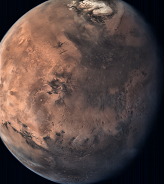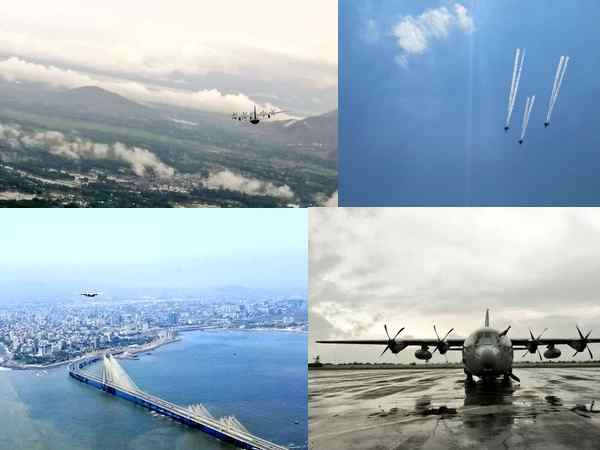
BEIJING (PTI): China on Friday, April 24, named its first Mars exploration mission to be launched later this year as Tianwen-1 as it celebrated Space Day to mark the 50th anniversary of the launch of the country's first satellite Dong Fang Hong-1 in 1970.
Aiming to catch up with India, US, Russia and the European Union to reach the Red Planet, China's Mars mission plans to complete orbiting, landing and roving in one mission.
China National Space Administration (CNSA) named the Mars mission as "Tianwen," which means Heavenly Questions or Questions to Heaven, a poem written by China's well known poet Qu Yuan (340-278 BC).
In "Tianwen," Qu Yuan raised a series of questions in verse involving the sky, stars, natural phenomena, myths and the real world, showing his doubts about some traditional concepts and the spirit of seeking the truth.
The CNSA said all of China's planetary exploration missions in the future will be named the Tianwen series, signifying the Chinese nation's perseverance in pursuing truth and science and exploring nature and the Universe, the state-run Xinhua news agency reported.
China in recent years has emerged as a major space power with manned space missions and landing a rover in the dark side of the Moon. It is currently building a space station of its own.
However, China's attempts to send an exploratory probe to Mars called Yinghuo-1, in a Russian spacecraft in 2011 failed shortly after the launch and it was declared lost and later burnt during re-entry.
The US, Russia, the EU besides India so far have succeeded in sending missions to Mars – regarded as the most complex space mission.
India became the first Asian country to have successfully launched its Mars Orbiter Mission, Mangalyaan, which entered the orbit of the Red Planet in 2014.
India also became the first country to have entered the Martian orbit in its first attempt.
Last year, China conducted a key experiment to land a rover on Mars. The test was carried out in simulated conditions.
The experiment was held on a trial ground, the largest in Asia for test landing on extra-terrestrial bodies.
Commenting on the experiment, Ye Peijian, chief scientist for the country's space science and deep space missions, told official media in November 2019 that China's mission to Mars included an orbiting spacecraft, landing craft and a detachable rover to roam the Martian surface, all in one mission.
"If we succeed, this will mark a first in the world's Mars expedition history," he said.
How to safely land on Mars is one of the biggest challenges facing the mission, he said.
The experiment simulated the gravity of Mars, about one-third of the gravity on Earth, to test the design of the lander.
Greeting China's space scientists on Space Day, President Xi Jinping said he expected the aerospace workers to speed up the construction of a powerful space industry.
Xi pointed out that no matter how the conditions change, the spirit of self-reliance and hard work should not be lost.
In the new era, workers in the aerospace sector should follow the example set by the elder scientists to bravely overcome difficulties and obstacles to further develop space science and technology.
China successfully launched its first satellite Dong Fang Hong-1 on April 24, 1970, marking the beginning of the nation's exploration of the Universe and outer space. Since 2016, China has set April 24 as the country's Space Day.
 Previous Article
Previous Article Next Article
Next Article













The Indian Air Force, in its flight trials evaluation report submitted before the Defence Ministry l..
view articleAn insight into the Medium Multi-Role Combat Aircraft competition...
view articleSky enthusiasts can now spot the International Space Station (ISS) commanded by Indian-American astr..
view article